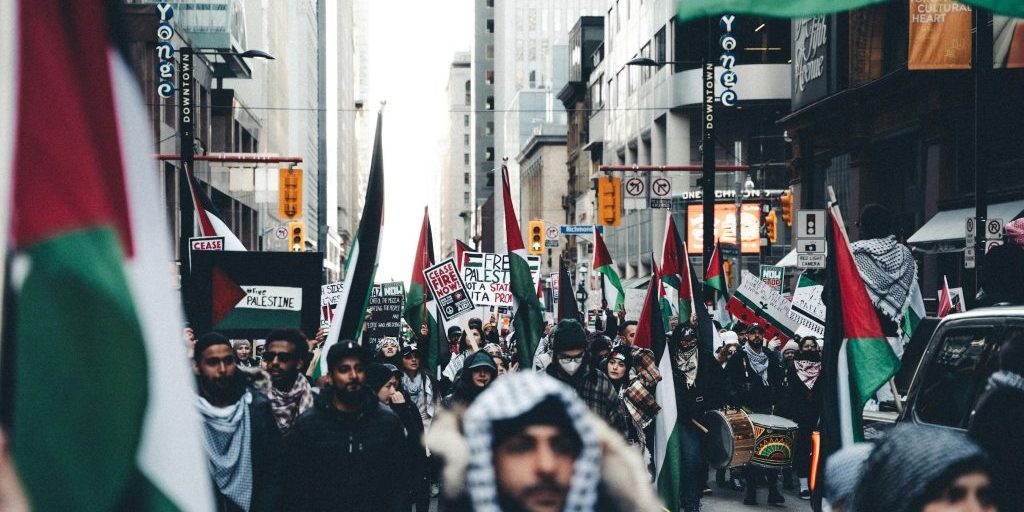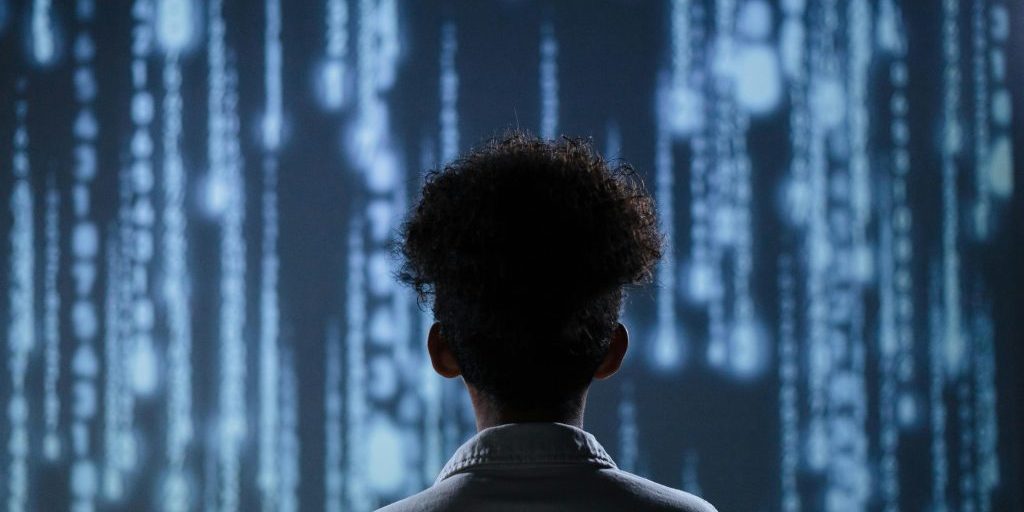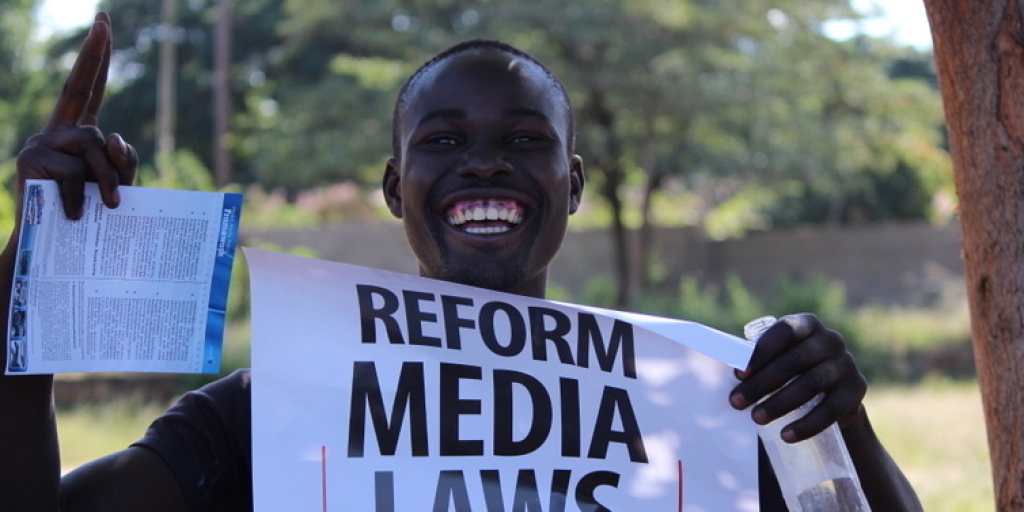The silencing of Gaza
International Media Support
Journalists are being killed at an unprecedented rate in Israel’s war on Gaza. When a Gazan journalist dies, there is no one to replace them. In addition to the loss of human life, Israel is de facto robbing the world of trustworthy, professional journalism from inside Gaza during one of the deadliest wars in recent history.
These shields and helmets do not protect us. They are just slogans that we wear, and they do not protect any journalists at all. Here we are victims, losing lives one after another. We are all waiting for our turn
Around 50 media in the Gaza Strip are reported to have been totally or partially destroyed. Israeli airstrikes. Furthermore, Israel is destroying communications infrastructure, depriving journalists in Gaza from sharing their reporting with the world for long stretches of time.
IMS programme manager Lama Hourani, who is based in the city of Ramallah in the West Bank, tries to stay in daily contact with IMS’ partners inside Gaza: ‘Communication is extremely difficult, Internet coverage is not functioning or is very weak.’
‘We communicate mostly through SMS. We do not ask whether they are okay or how they are doing. We simply ask: “Are you alive?” ‘
The journalists inside Gaza who have so far escaped physical harm are suffering immense mental stress as they struggle to keep their families safe while continuing to report the realities of ever-increasing death and destruction.
There is no way of knowing how long the journalists – who are not killed by Israeli occupation forces – will physically, emotionally and practically be able to continue their reporting from inside Gaza. Reporters are losing partners, children, parents, friends, colleagues. They are trying to do their work and protect their families at the same time. They are traumatised, displaced, homeless and tired
Among the journalists walking that taxing tightrope between work, family and safety is Mona Akal, who reports for Palestine TV from inside of Gaza. She has a young daughter, whom she is trying to take care of while doing her work.
‘The pressure has been so immense, navigating two responsibilities: The responsibility of work and the responsibility of family,’ she says. ‘There are many difficult situations. We are here every day. We die a million times because we see and live the pain of all the people, and we have seen things that might take years to forget.’
Often, war correspondents have the privilege of being able to travel to and from the frontlines, and they typically benefit from comprehensive security measures and backup from their employers. For journalists in Gaza, there is no backup, no respite, no escape as they are forced to constantly prioritise between their personal lives and their professional obligations.
Like all her fellow journalists in Gaza, Ruba Al-Ajrami is starting to feel the burden of reporting under the present circumstances, not knowing whether or when the situation will improve.
‘All of this falls on the shoulders of the journalists who are required to cover all of these massacres and crimes with determination and strength, while on the inside we are falling apart ourselves,’ she says.
‘Every day we witness and see heinous massacres happening in front of us without the slightest action from the international community.’
She points to the difficulty of reporting during a humanitarian crisis:
‘Seeing people’s pain up close has a strong impact on one’s psyche. For a human to bear this, and to be able to separate the humanitarian aspect from the professional aspect, is very difficult. It is very difficult to find a child and to hold the camera or the microphone in front of her and speak with her.
You will put all of this aside and just comfort this child. In every child I see in front of me, I often see my own children in them
International coverage of the war is already skewed due to the fact that while international correspondents can freely enter and report from Israel, Gaza’s borders are hermetically sealed. If journalists in Gaza continue to be killed, and the ones still alive stop reporting, this already-significant imbalance will only grow.
Simultaneously, Palestinian digital rights organisation 7amleh has documented censorship of Palestinian voices on social media platforms in the form of blocking of content, takedowns of accounts, hiding of hashtags and other forms of suppression. As 7amleh states: ‘These restrictions on activists, civil society and human rights defenders represent a grave threat to freedom of expression, access to information, freedom of assembly and political participation.’
‘This censorship is also affecting journalists’ ability to work and resulting in a chilling effect. It is imperative that companies urgently address this censorship and genuinely commit to ensuring that all voices are heard.’
It is in no one’s interest but Israel’s that we only hear one side of the story. We have to once again remind everyone: no one can enter Gaza. The journalists who work there are literally irreplaceable. Every time a journalist in Gaza is killed, the world is plunged further into the dark about the unimaginable suffering that the besieged enclave’s civilians are enduring
The killing of journalists and the impossible working conditions are also depraving the Palestinians of ways to tell their stories without being framed within a political agenda from Hamas, Israel, the Palestinian Authority or western media.
Within the media development field, we talk of news deserts – areas that are not covered by news and where access to information is limited or non-existent, often due to the closure of local newspapers and other media.
With the killing of journalists and their families and destruction of media outlets and communication infrastructure, Israel is turning Gaza into a news grave. The inevitable result is that the world is being increasingly deprived of professional and trustworthy coverage amid one of the fastest growing humanitarian disasters recent times.
- International Media Support (IMS) is an international non-profit organisation working across four continents. Its staff of around 160 employees of more than 45 different nationalities work from headquarters in Copenhagen, Denmark, as well as from regional country offices around the world. IMS was founded in 2001 in the wake of conflicts in Rwanda and the Balkans where media was used as a tool to incite war




